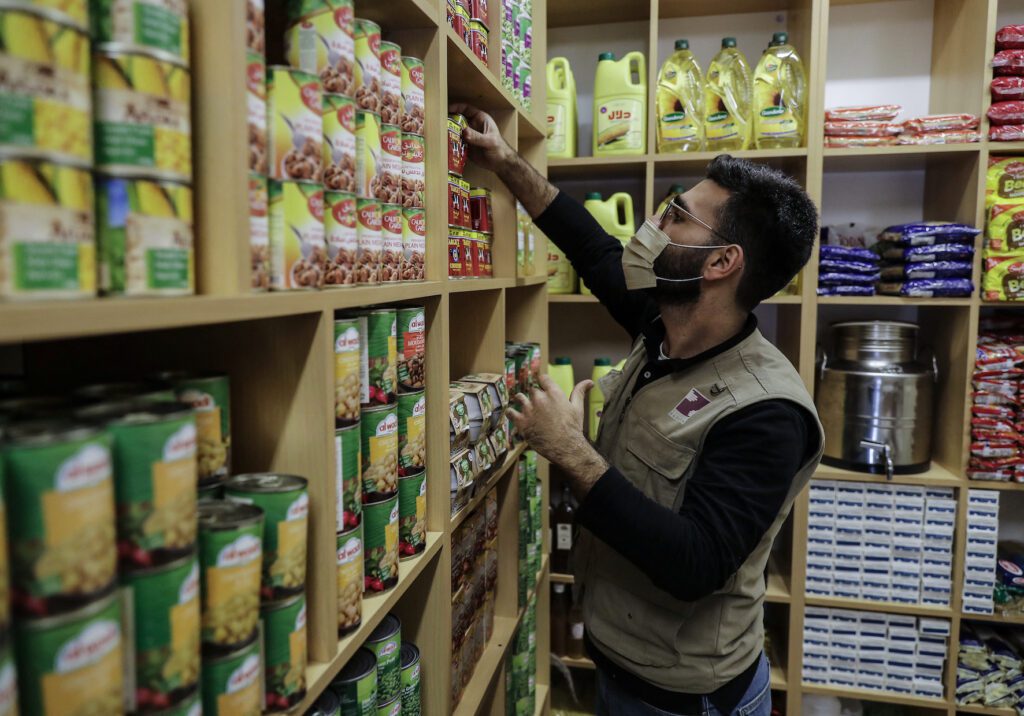Last month, the Lebanese government revised the minimum wage for the private sector from LBP nine million to LBP 18 million or LBP 20 million per month, doubling the rates to around $200 per month.
The increase in private sector minimum wage rates follows an increase in public sector minimum wage rates, coming up from $150 to $230 per month.
With an additional allowance set to be provided for transportation and fuel costs, these changes are expected to be incremental and subject to further improvements once the situation in the south of Lebanon eases.
Continued Inflation and Inaccessibility
While supposedly meant to ease workers’ financial prospects, such adjustments remain far from keeping up with rising inflation rates.
Despite Lebanon’s inflation rate having slowed down during the beginning of the year and more so in February, where it dropped to 123.2 percent, it remains a triple digit increase and accordingly, prices of everyday items continue to rise.
Such a continued increase in prices has raised several question marks regarding the control that big retailers, businessmen networks and cartels have on price setting, and the role that authorities failed to play in monitoring such fluctuations and enforcing measures on controlling them.
For the last several months, the exchange rate of the Lebanese pound vis-à-vis the US Dollar has remained relatively stable. While supermarkets have used the dollarization of costs as an excuse for increasing prices, such excuses do not add up given relative local currency stability.
As such, consumer prices have continued increasing, accentuating issues for individuals at high food security risks.
According to the latest Integrated Food Security Phase Classification (IPC) analysis of acute food insecurity in Lebanon, 2,630,000 individuals in the country are food security-stressed.
Limited access to healthcare services and pharmaceutical products, coupled with a rise in unhealthy coping mechanisms, have meant that basic needs continue to be far from accessible for the country’s poorest.
Informal Work
Lebanon’s labor landscape continues to be characterized by extremely high informal employment. According to the International Labour Organization, informal employment had reached 62.4 percent in January 2022.
As such, labor conditions are increasingly marked by a lack in social protection provisions and basic safety and stability arrangements.
Matters are even worse for the country’s large migrant population, who often labor under exploitative and abusive conditions. More recently, waves of violence have significantly escalated against Syrian refugees, putting them in vicious conditions despite the Lebanese economy’s historical reliance on their labor.
As things stand, the increase in minimum wage rates, while being a step in the right direction, fails to keep up with the increase in the costs of basic items and services, and fails to cover a large portion of the population’s poorest and unprotected groups.
